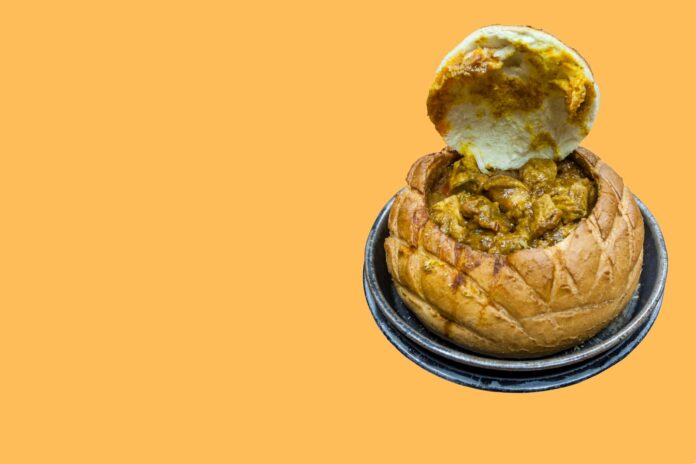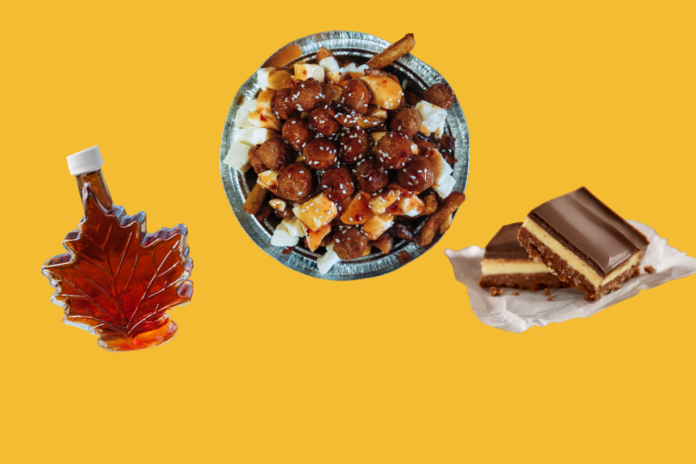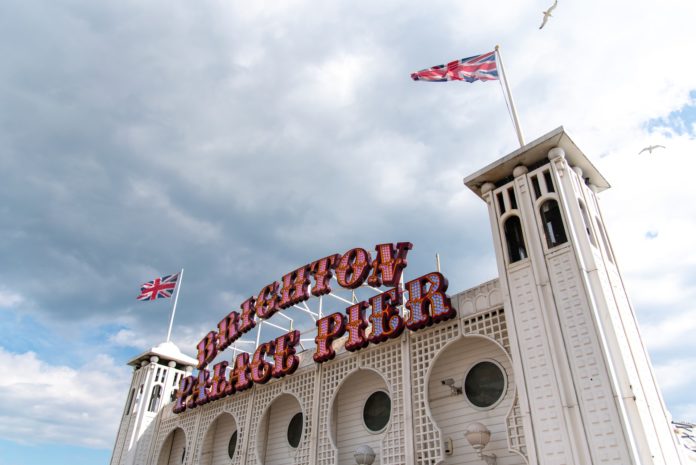Christmas wouldn’t be Christmas without a chilled glass of festive fizz. While recent years have seen sales of cheaper alternatives like Prosecco, cava and Asti rise, there’s still nothing quite like a real deal; a high-quality bottle of champagne perfect for toasting the special occasion. And while many other regions and nationalities produce sparkling wines, only wine from the Champagne region, in the north-east of France, can lay claim to the prestigious ‘champagne’ label.
Sparkling, luxurious and celebratory, champagne embodies everything that Christmas is all about. Whether you’re hosting a party and want to treat your guests to something special, or plan on popping a bottle with your Christmas dinner, we’re help to help with the best ways to select, store and serve the finest champagne. So, here are our 5 IDEAL champagne rules for Christmas.
FIND THE BEST FIZZ FOR YOUR BUDGET
Not all champagne is created equal. Before you shop for a bottle (or case) of bubbly, make sure you’re buying the best-quality fizz you can afford.
First, consider your tastes: do you prefer dry or sweet wines? Sugar is added to champagne during the fermentation process, and the amount used will alter the flavour, so check the label and tasting notes. If you prefer a sweeter glass of fizz, then look for ‘doux’ or ‘demi-sec’ whereas ‘extra dry’, ‘brut’ and ‘brut nature’ indicate a drier, more complex flavour. You can read more about the sweetness of different champagnes — including a guide to how much sugar is in a glass of each — at Wine Folly.
You’ll also want to consider the vintage. Non-vintage (which you’ll often see described as ‘NV’ on labels) contains wine blended from multiple grape harvests, whereas vintage champagne is made using the produce of a harvest from a single quality year. As a result, non-vintage tends to be cheaper, with many leading champagne houses stocking decent quality bottles at affordable prices.
A prestige cuvée is made from only the finest grapes from an exceptionally good harvest, making it the one to look out for if you want a luxury glass of bubbly this Christmas.
STORE YOUR CHAMPAGNE BEFORE THE BIG DAY
The key to storing wine of all varieties is to find a cool, dark place, as bright or artificial lighting can spoil the wine. A cupboard is fine — just make sure your champagne is stored away from bright light and sources of heat, like radiators or boilers.
If, come January, you find you still have a few unopened bottles left, you can store these until next Christmas (provided you can resist drinking them). When storing champagne for longer than a month, you should lay it down horizontally in a wine rack, in a cool dark place with a consistent year-round temperature. This is a particularly effective way of storing grand cuvées, which will continue to age — meaning they’ll taste even better next year.
CHILL IT WELL
Champagne tastes best chilled, but be careful: if it’s too cold, then you won’t be able to taste the full complexity of the flavours. The Comité Champagne recommends serving your champagne between 8–10 °C. Any colder, and your taste buds will be too chilled to savour the flavours of the wine. Four hours in fridge should be enough time to chill your champagne to the ideal drinking temperature.
If you need your champagne chilled quickly, or you simply don’t have a space in the fridge (a likely occurrence on Christmas Day), then fill a metal ice bucket with ice, and leave the bottle in it for forty-five minutes — these champagne buckets from Gifts International will look fabulous on a festive dinner table, so get one on your wish list now. Whatever you do, don’t chill your champagne in the freezer, as the sudden immersion in sub-zero temperatures can cause the wine to lose effervescence.
Read: How to create the IDEAL wine bar experience at home
OPEN AND SERVE YOUR CHAMPAGNE PROPERLY
So now you’ve got your champagne in an ice bucket, and you’re almost ready to pop it open and start sipping. But before you reach for flutes, think twice, as they may not be the best glass for your champagne. For older champagnes and prestige cuvée varieties, many expert sommeliers recommend using a large, broad-rimmed glass, which they argue allows the drinker to really savour the flavours.
You should also consider what you want to get from your wine. If you think champagne drinking should be all about the bubbles, then feel free to sip from a flute, which will keep your champagne bubbly for longer. If you would rather savour the scents and flavours, then opt for broad-rimmed wine glass – try using coupes for a retro festive shape.
When the time comes to pop open the bottle, take your time and be careful. According to Compound Chemistry, champagne bottles contain more pressure than a car tyre, so wrap a tea towel around the cork to add grip, and point it away from yourself (and everyone else!). If you find you’ve got a stubborn cork that won’t come loose, hold the neck of the bottle under warm (but not hot) running water for a minute. The cork should then pop easily.
Read: The IDEAL guide to serving wine at the right temperature
SAVE OPEN BOTTLES FOR LATER
Still got a few glasses left in the bottle? There’s no need to waste fine wine by pouring it down the sink. According to Decanter, an opened bottle of champagne can be covered and stored in the fridge for 3–5 days, meaning you can enjoy the rest on Boxing Day. Contrary to popular opinion, a teaspoon in the neck of the bottle won’t stop your fizz from going flat. Instead, wrap some cling film or tinfoil around the neck of the bottle and secure with an elastic band, as this will prevent the carbon dioxide from escaping and keep your champagne sparkling for longer.





